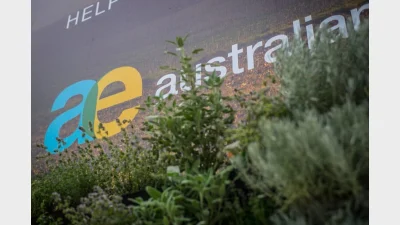Industry to wait and see on SG
The worst result from the current uncertainty around the Federal Election would be the abandonment of Labor’s proposed increase in the superannuation guarantee (SG), according to several major industry bodies.
The best-case scenario for the super industry would be the return of the ALP and the retention of its proposed changes, while a Coalition win with the abandonment of the SG increase and the gains that have been made on removing commissions would be the worst result for the industry, according to Australian Institute of Superannuation Trustees chief executive Fiona Reynolds.
“We need to wait and see what the outcome is and then restate our case, but let’s hope that we’re not back to where we were three years ago given that we’ve made a whole lot of gains,” she said.
“It’s not just about giving the industry certainty, it’s about giving members certainty in their retirement. We’ve come off the back of so much instability. Members want to know they can save for their retirement without the rules changing all the time and this just leads to more uncertainty and that’s not good for anybody,” she said.
Financial Services Council (FSC) chief executive John Brogden said the critical issue now would be how important superannuation was to the three independent MPs, with Greens MP Adam Bandt most likely to support Labor’s proposed reforms including an increase in the SG to 12 per cent.
“There are any number of scenarios, you could have the independents forming a Government with Labor that doesn’t include 12 per cent, you could have the independents forming a Government that does include 12 per cent, so it’s too early to say,” he said.
Brogden said it was also important for business to be responsible during this phase of uncertainty and to avoid talking down the market by openly speculating about the negatives of instability and a minority Government.
Association of Superannuation Funds of Australia (ASFA) chief executive Pauline Vamos said it would be difficult for the Labor Party to initiate many of its proposed superannuation changes because so much of the funding for those changes was dependent on the mineral resource rent tax (MRRT).
Much will depend on where the independent MPs stand, but if the Coalition comes into power it would be difficult for it to fund a raft of superannuation upgrades because it has openly opposed the MRRT, Vamos said.
Some issues needed to be resolved sooner rather than later — for example, the contributions caps for people over 50 runs out next year and will need to be extended, Vamos said.
Recommended for you
First Nations Australians have faced systemic barriers accessing super, with rigid ID checks, poor service, and delays compounding inequality.
“Slow and steady” appears to be the Reserve Bank’s approach to monetary policy as the board continues to hold on to its wait-and-see method.
AFCA’s latest data has shown a decline in complaints relating to superannuation, but there is further work to be done, it has warned super funds.
Limited exposure to fossil fuel companies has positively impacted the performance of Australian Ethical’s balanced and growth funds, the super fund says.











